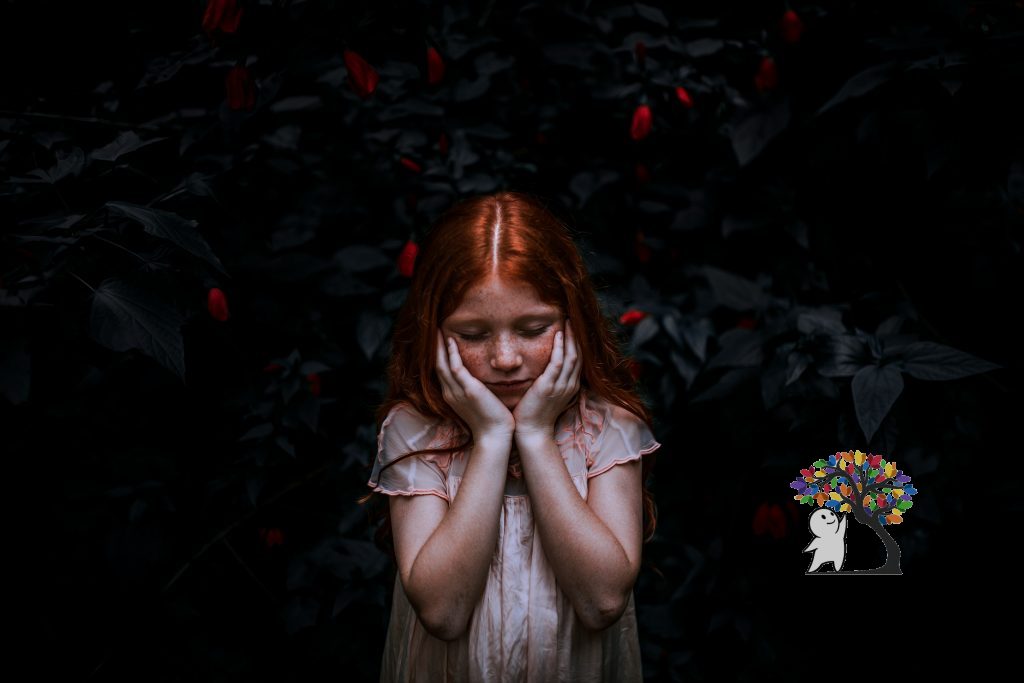7 Things You May Not Know About Anxiety

Millions of people all over the world struggle with mental illness, and inarguably among the most prevalent and widespread of all is anxiety. While it may not be as severe or dangerous as disorders like schizophrenia, OCD, or antisocial personality disorder, that doesn’t make it any less concerning.
According to the American Psychological Association (2013), anxiety is defined as a future-oriented fear that leads people to avoid certain situations that may trigger or worsen their distress. Over 18% of all US adults have been diagnosed with an anxiety disorder, with more emerging each year.
With that said, anxiety is certainly a pressing issue that people all over the world should be more aware about, so here are 7 interesting facts that can help you learn more about anxiety:
1. Anxiety is More Than Just Worry
One of the main differences between anxiety and worry is that former is grossly out of proportion to any actual threat, and while most people struggling with anxiety realize that they are “getting anxious over nothing”, it doesn’t make it any less painful or frightening for them. While on the surface, anxiety may seem like nothing more than worrying, it’s actually much more harmful and severe than that, because anxiety makes it hard for us to feel calm or relaxed and it can make us behave in irrational or dysfunctional ways.

2. Anxiety Has A Lot of Causes
There are a number of reasons why someone suffers from anxiety or develops an anxiety disorder. It may be genetic (i.e. mental illness runs in the family), biological (i.e. a neurochemical imbalance), or environmental (i.e. constant or extreme exposure to stress) in nature – or maybe even a combination of all three. Because it’s so difficult to pinpoint just what may be causing someone’s anxiety, it can be even harder to find the right treatment for it, which explains why so many patients spend years in therapy or on medication with slow signs of progress.

3. Anxiety Can Be Physical
Anxiety is a mental illness with a lot of physical symptoms: accelerated heart rate, difficulty breathing, profuse sweating, shaking hands, muscle tension, and feelings of nausea, just to name a few. This is because feelings of anxiety trick the brain into believing that we are being threatened, and it responds by putting us on high-alert for any signs of trouble.

4. Anxiety Can Be Unseen
There are plenty of silent signs that can tell you that you have anxiety without even knowing it. Are you always busy but never productive? Do you spend a lot of time in your own head, overthinking everything? Are you easily upset or irritable? Are you quick to anger or stress out over things? These are just a few of the many things that you might not realize are already signs of anxiety.

5. Anxiety Can Improve Our Performance
On a positive note, there have been a lot of studies that show that anxiety can actually help improve our performance, in certain situations. Because anxiety is meant to activate our fight-or-flight response systems, it increases our focus, attention, and heightens our perception. Research found that those who acknowledge their anxiety instead of trying to suppress it actually performed better than those who weren’t anxious. In a lot of cases, anxiety can be turned into a competitive advantage if you know how to control it and don’t let it overwhelm you.

6. Anxiety is More Likely for Some People
As with most other mental illnesses, there are certain people who are at a higher risk of developing an anxiety disorder than others. Adolescents and young adults, in particular, are more likely to suffer from anxiety than those over the age of 35. Anxiety disorders were also found to have a dominantly female sex ratio, meaning that the risk nearly doubles for women compared to men. Substance abuse is also found to have a strong correlation to anxiety, especially opioid addiction, as well as for members of the LGBTQ community.

7. There Are Different Kinds of Anxiety Disorders
Anxiety is so much more complicated than most people think. There are many different kinds of anxiety disorders, such as: generalized anxiety (which is anxiety with no specific cause), social anxiety (anxiety about social situations), selective mutism (anxiety so severe it makes you unable to speak in front of certain people), specific phobias (extreme fear of a particular object or situation), and panic disorder (which is characterized by panic attacks). In fact, a few years ago, obsessive-compulsive disorder (OCD) was even considered an anxiety disorder before it became an entire category of its own.

Because many of us remain ignorant to the nature, causes, and treatment of anxiety and other mental illnesses, we find ourselves amidst a mental health crisis. Making an effort to know more about anxiety can make a positive difference in the lives of those suffering from it and perhaps even help you overcome it if you struggle with it yourself.
References:
- American Psychological Association (2013). Diagnostic and Statistical Manual of Mental Disorders, 5th Washington, DC, USA; APA Publishing.
- National Institute of Mental Health (2017). What Are Anxiety Disorders? Retrieved from https://www.nimh.nih.gov/health/statistics/anxiety-disorders.shtml
National Alliance Against Mental Illness (2018). Mental Health by The Numbers. Retrieved from https://www.nami.org/learn-more/mental-health-by-the-numbers



Responses